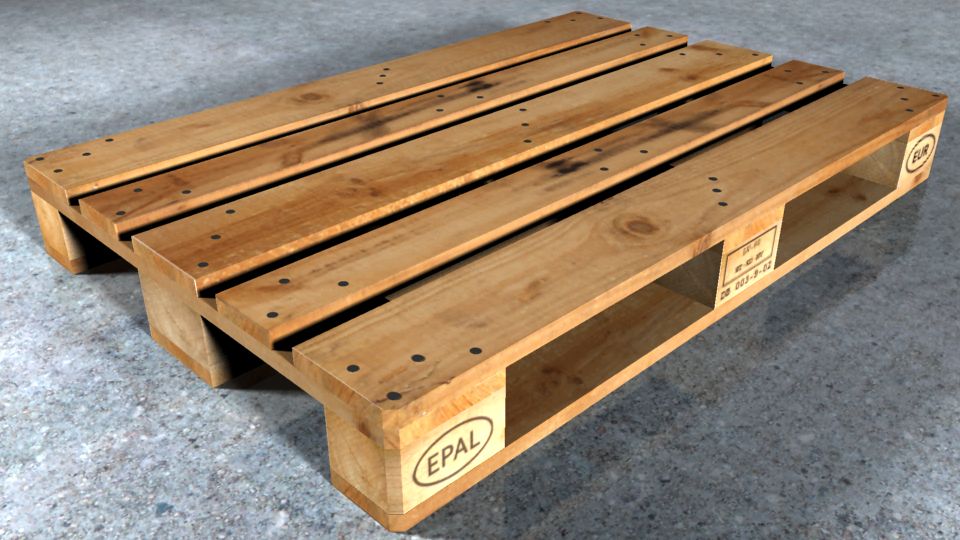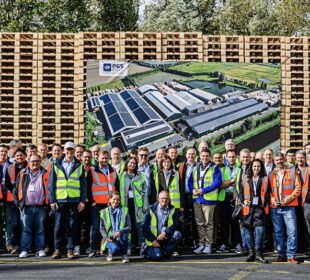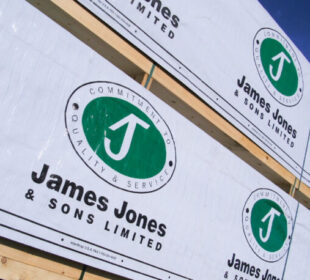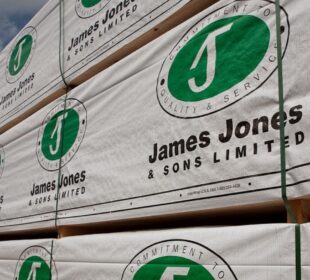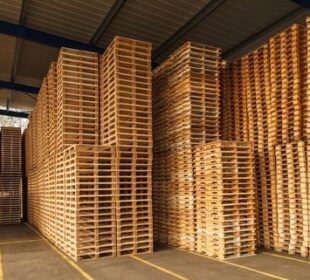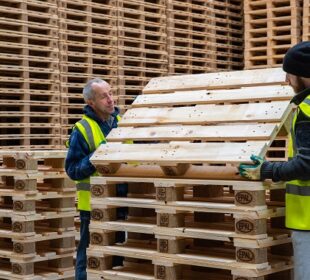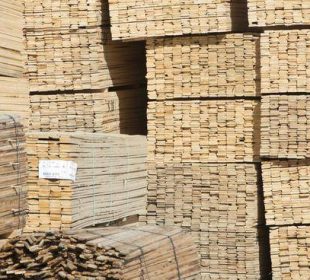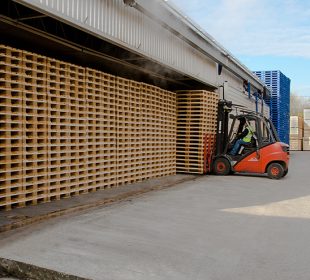EPAL’s total production and repair volume continued to increase in 2019 and reached 123 million EPAL load carriers.
Compared to the previous year, this is an increase of 1% or 1.2 million pallets more in 2019 (2018 total: 121.8 m.). Looking at production and repairing separately, the 2019 repair figures showed a slight decrease.
In 2019 26.8 million EPAL load carriers were repaired, in 2018, some 27.5 million. Looking purely at the production figures, there was an increase of 2.4%: in 2019, 96.2 million EPAL load carriers were produced, 2.3 million more than in the previous year (2018: 93.9 m.).
Robert Holliger, President of EPAL: “Despite the economic slowdown in Europe, the need and demand for EPAL pallets grew in 2019.”
Number of EPAL Euro pallets in the open pool at an all-time high
Currently there are more than 600 million EPAL pallets and 20 million EPAL Box pallets available to the global logistics industry and used by shipping agents, transport companies and large retailers. For many years the pool in Europe has been growing continuously. Due to the very high level of new production, the pool is able to serve the increasing quality expectations of the supply chain. As a result, quality classification levels A and B are also available in greater numbers. The EPAL system’s foundations comprise: independent quality assurance, international trademark protection, acceptance by all market participants, environmental responsibility and sustainability. The EPAL Box pallet also continues to have widespread acceptance in the automotive industry’s supply chain.
About EPAL:
The European Pallet Association e.V. (EPAL) ensures a smooth flow of goods in the logistics world with over 600 million EPAL Euro pallets and 20 million box pallets in the world’s biggest open exchange pool. Founded in 1991 as the umbrella association of licensed producers and repairers of EPAL load carriers, EPAL is globally responsible for their consistent quality.

